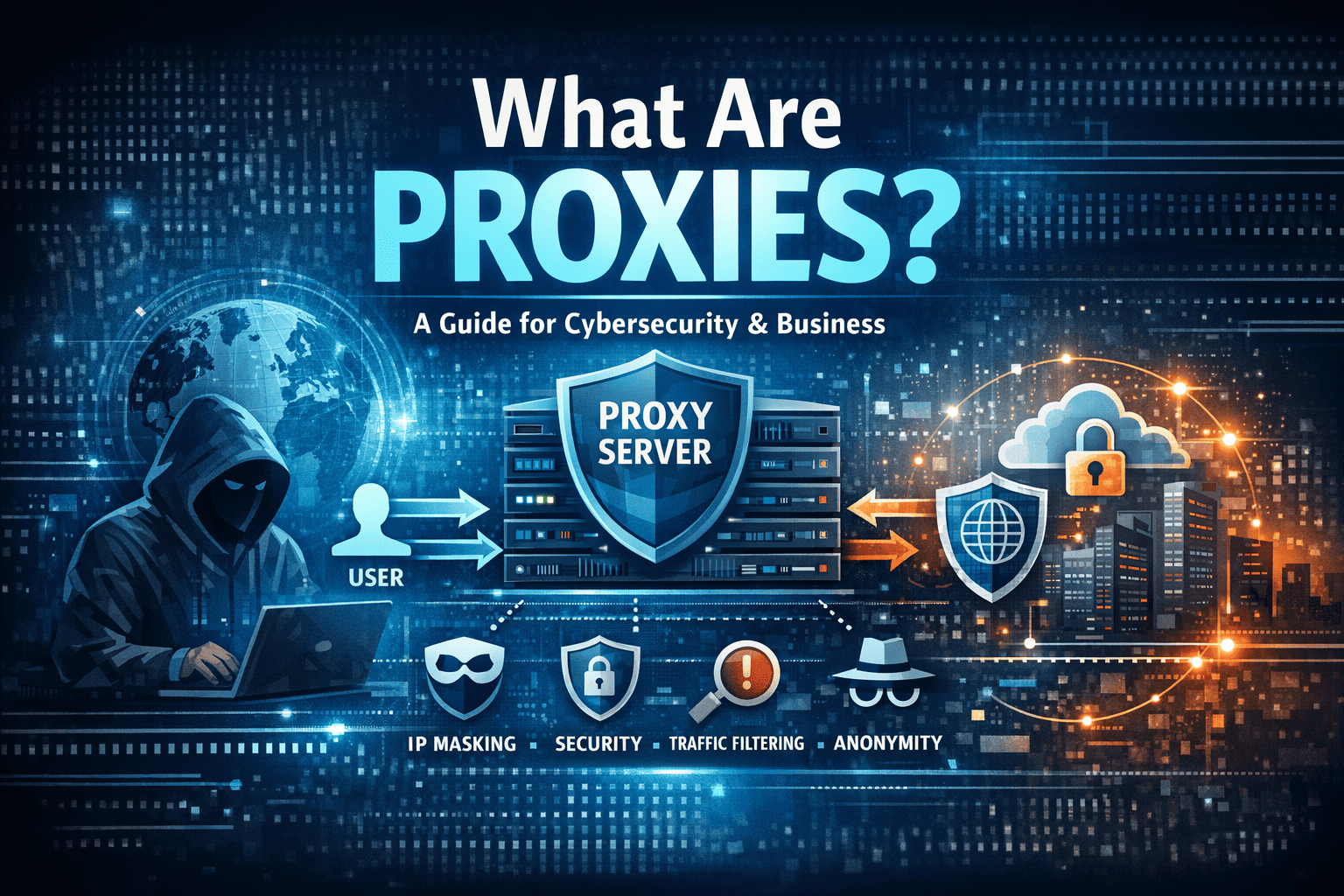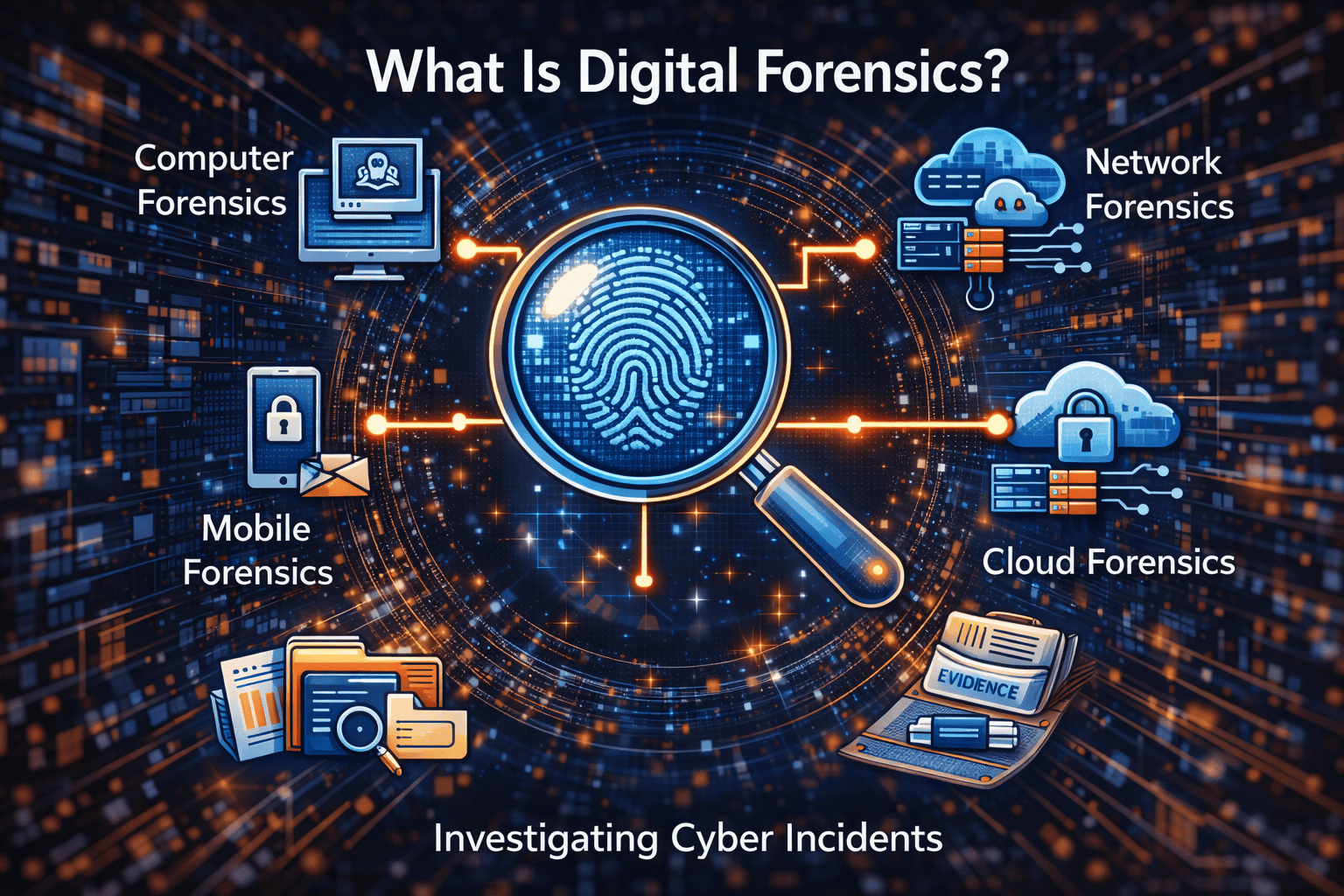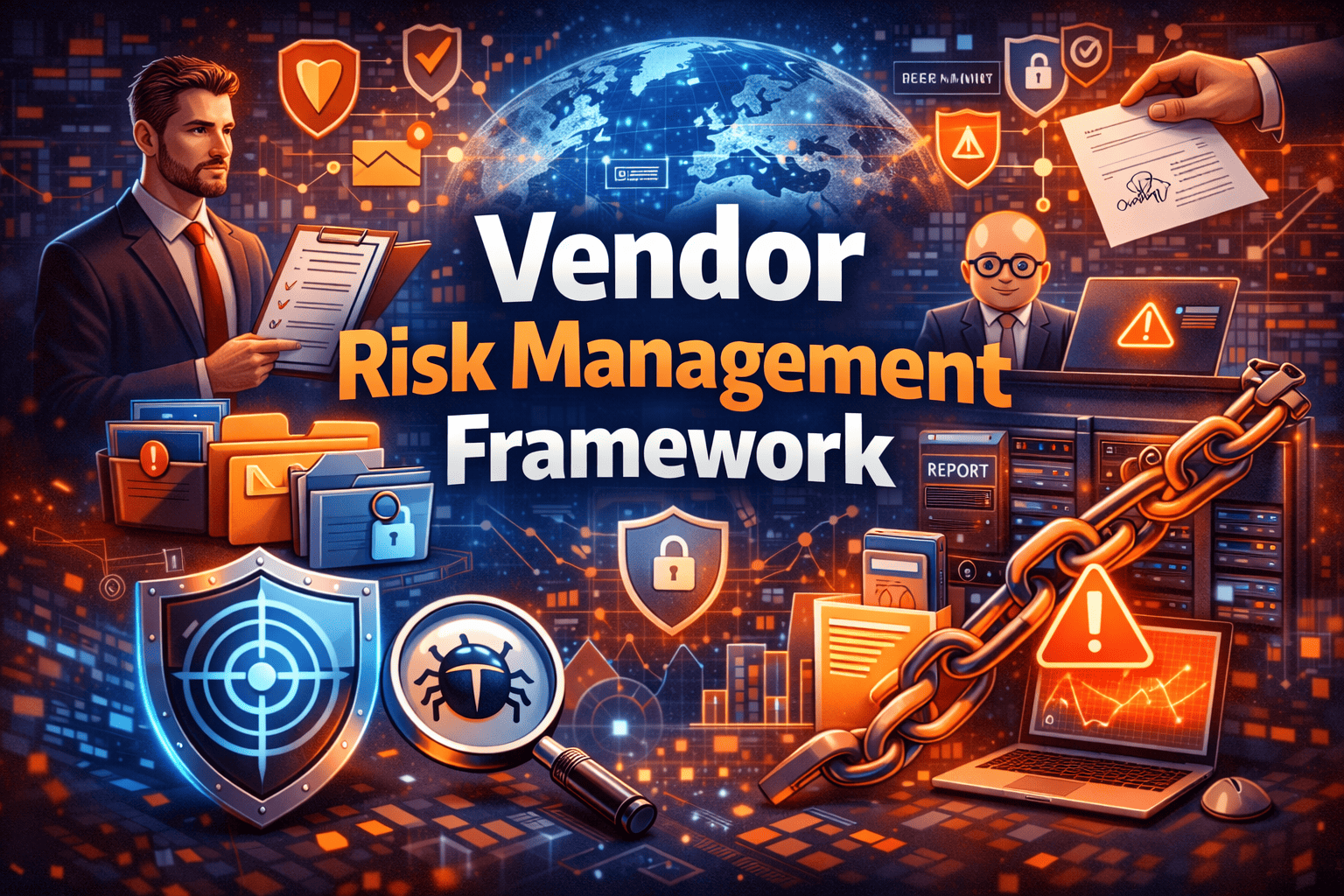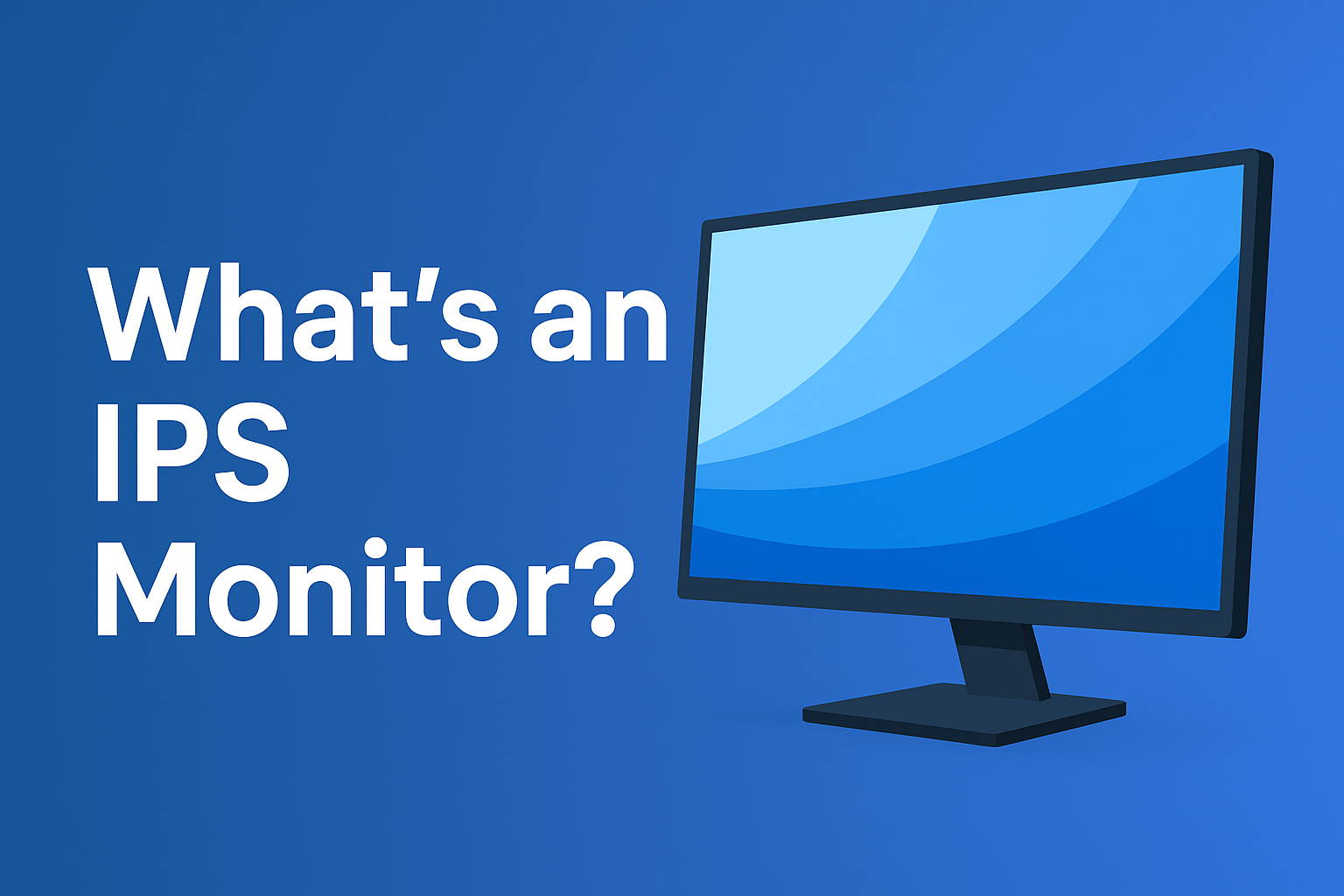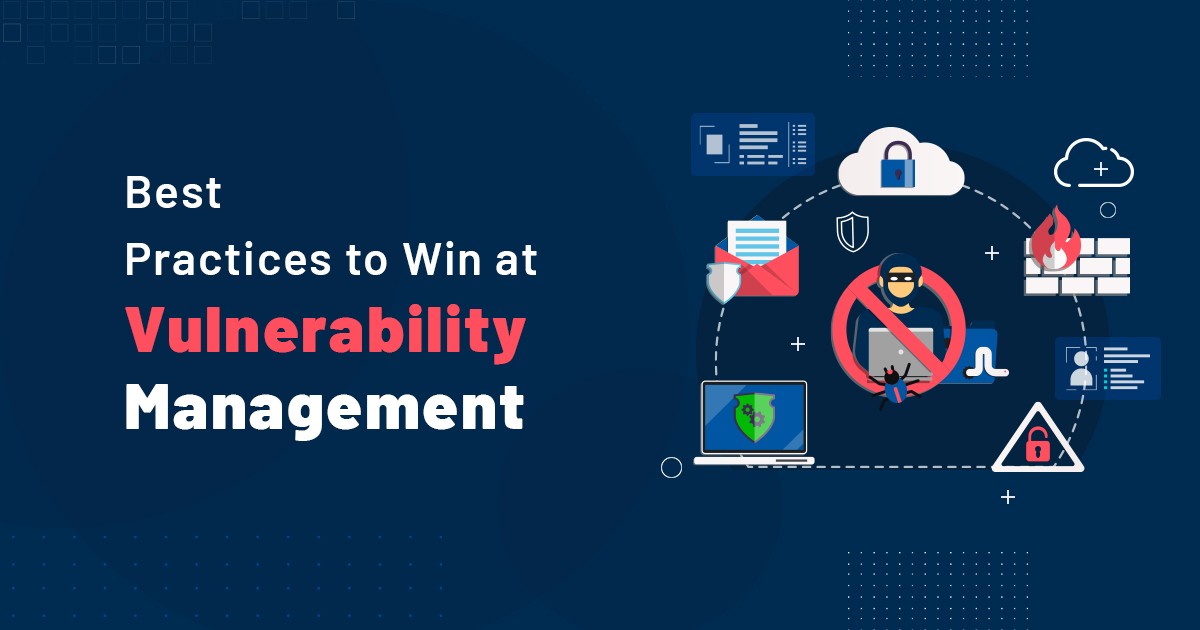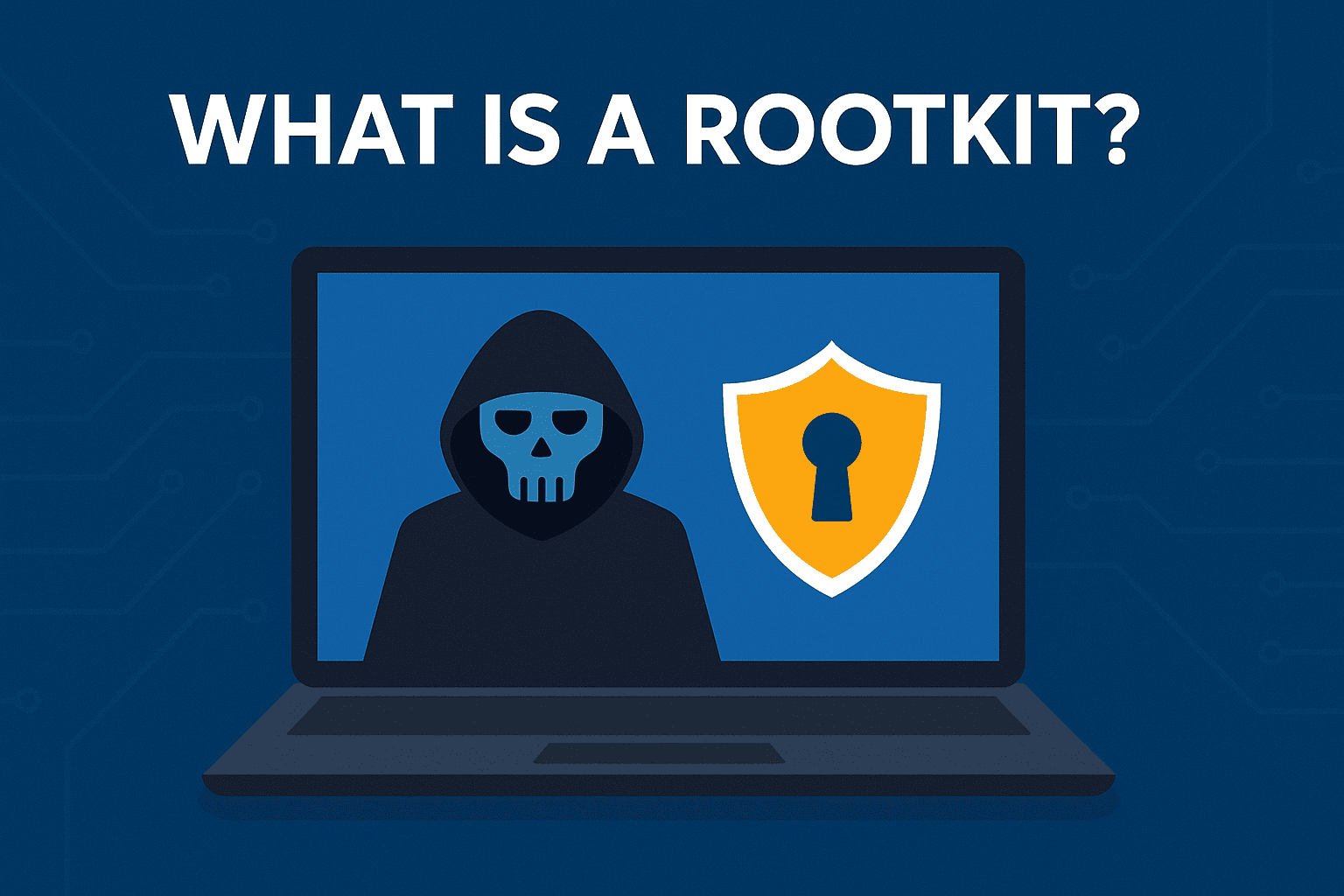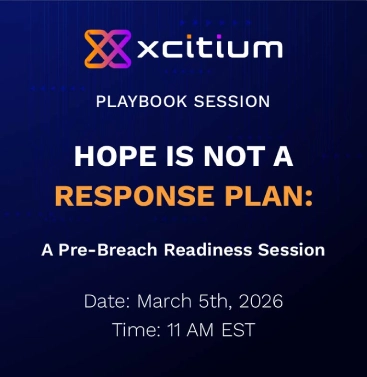What Does HIPAA Stand For? Understanding Its Role in Healthcare and Cybersecurity Compliance
Updated on August 5, 2025, by Xcitium
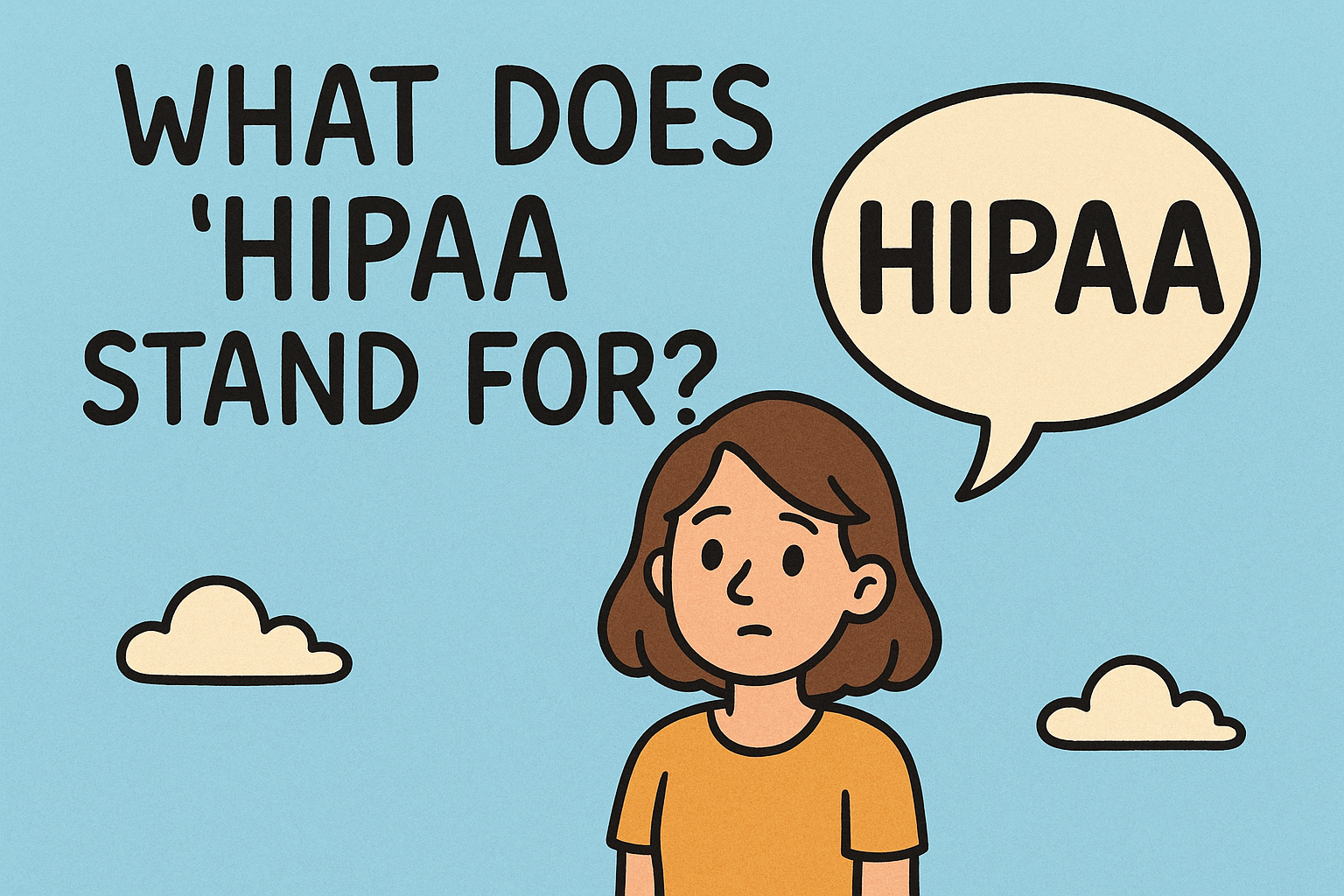
Ever wondered what does HIPAA stand for and why it matters beyond healthcare? HIPAA is short for the Health Insurance Portability and Accountability Act of 1996, a landmark U.S. law that fundamentally reshaped patient privacy, records portability, and cybersecurity obligations for organizations handling health data.
For IT managers, cybersecurity leaders, and executives, HIPAA sets non-negotiable standards for protecting Protected Health Information (PHI). In 2025, these standards are getting tougher—requiring stronger encryption, multifactor authentication, and more rigorous risk assessments. Let’s explore what HIPAA means, how it impacts your organization, and strategies to stay compliant and secure.
What Does HIPAA Stand For?
HIPAA acronym meaning – HIPAA stands for the Health Insurance Portability and Accountability Act of 1996—signed into law on August 21, 1996.
Originally created to:
- Improve health insurance portability between jobs
- Combat healthcare fraud and abuse
- Reform administration of claims and transactions
HIPAA also introduced critical rules on privacy, security, and breach notification—all still enforced today.
HIPAA’s Major Titles and Rules
Title I: Portability & Health Coverage
Helps employees maintain health insurance when changing jobs and limits penalization for pre-existing conditions.
Title II: Administrative Simplification
Key provisions include:
- Privacy Rule: Governs the use and disclosure of PHI in all forms (paper, oral, digital). Patients have the right to access and correct their records.
- Security Rule: Requires administrative, physical, and technical safeguards to protect electronic PHI (ePHI)—such as access control, encryption, and audit logging.
- Breach Notification Rule: Requires covered entities to notify affected individuals, HHS, and media when a breach of unsecured PHI occurs.
HIPAA and Cybersecurity: Why It Matters
HIPAA and effective data protection go hand in hand. Recent trends show:
- Over 39 million patients impacted in nearly 300 breaches in the first half of 2023
- A 264% rise in ransomware attacks in 2024 triggered stricter enforcement by the HHS Office for Civil Rights (OCR)
- Proposed rules in 2026 will mandate multifactor authentication, encryption defaults, and advanced risk assessments.
HIPAA compliance is no longer just paperwork—it’s cybersecurity operational readiness.
Practical Safeguards Under HIPAA
Covered entities and their business associates must implement:
- Administrative safeguards: employee training, risk assessments, policy enforcement
- Physical safeguards: controlled facility access, device security
- Technical safeguards: encryption, audit controls, identity verification, secure backups
Models like NIST SP 800‑66r2 provide helpful guides for aligning cybersecurity frameworks with HIPAA requirements.
Why HIPAA Is Evolving in 2026
- OCR enforcement now focuses on thorough Security Risk Analysis (SRA)—not cursory or checklist-based reviews.
- New HHS rules will require mandatory MFA, network segmentation, and vendor cybersecurity assurances.
- Patient access rights are now enforceable under updated interoperability rules, raising compliance risk if delayed.
Smaller providers and business associates must be proactive—not complacent—lest they face sharp fines or reputational damage.
Consequences of Non‑Compliance
- Financial penalties: OCR may issue fines from thousands to millions per violation
- Mandatory breach reporting: Public disclosure can severely harm reputation
- Operational disruptions: Systems may be shut down or audited
- Legal liability: Patients can sue for unauthorized use of PHI
The 2015 Anthem breach—affecting ~80 million individuals—resulted in serious financial and legal consequences for non-compliance .
Strategic Checklist for Executives
- Conduct a full HIPAA SRA—beyond baseline checklists
- Encrypt data at rest and in transit
- Enable multifactor authentication for all systems accessing ePHI
- Train all staff regularly on cybersecurity and privacy practices
- Audit all business associates for compliance
- Segment networks and test backups periodically
- Review breach reporting processes and response plans
If you’re ready to align your cybersecurity and compliance strategy with the evolving HIPAA landscape:
👉 Request a Free Demo from Xcitium
See how our compliance-ready platforms blend risk analytics, secure access controls, and advanced threat detection to safeguard ePHI and reduce audit risk.
FAQ: What Does HIPAA Stand For
Q1: What does HIPAA stand for?
It stands for the Health Insurance Portability and Accountability Act of 1996, focused on both insurance coverage and data protection.
Q2: What is PHI?
Protected Health Information includes any individually identifiable health-related data held or transmitted by a HIPAA-covered entity.
Q3: What’s the difference between the Privacy and Security Rules?
The Privacy Rule governs PHI in any format (paper, verbal, electronic). The Security Rule applies specifically to electronic PHI (ePHI) and requires technical safeguards.
Q4: Why is HIPAA enforcement increasing now?
Rising cyberattacks, data breaches, and AI-enabled automation have triggered stricter enforcement and proposed amendments under HIPAA Security Rule modernization.
Q5: Who must comply with HIPAA?
Healthcare providers, health plans, clearinghouses, and business associates handling PHI must meet HIPAA requirements.




